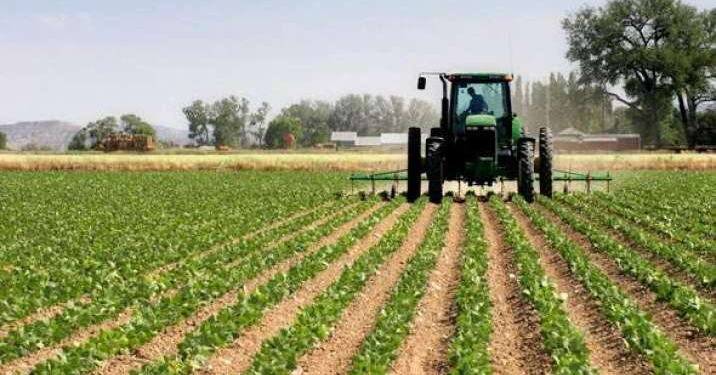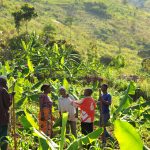The second phase of the Innovatech programme is set to enhance digital services in agriculture, focusing on agroecological transitions to create more sustainable food systems. By promoting natural resource conservation and reducing chemical use, the initiative aims to help farmers adopt environmentally friendly practices.
Rossana Polastri, Regional Director for Latin America and the Caribbean at the International Fund for Agricultural Development (IFAD), emphasized the programme’s role in equipping small farmers to combat climate change.
“With Innovatech 2.0, we are creating innovative solutions to help farmers adapt,” she said, underscoring the importance of digital tools in building resilience against unpredictable weather patterns and environmental challenges.
Beyond agricultural technology, the programme prioritizes human capital development. It will provide digital training and mentorship to 8,500 women, 8,500 youth, and 1,700 Indigenous people, fostering employment opportunities in agritech start-ups. By equipping rural communities with digital skills, Innovatech 2.0 seeks to strengthen economic opportunities and drive innovation in sustainable agriculture.
Two innovation hubs, located in El Salvador and Peru, will receive funding and training to support agritech start-ups in developing climate-smart solutions. These hubs will serve as incubators for digital tools and technologies tailored to the specific needs of local farmers, ensuring practical and scalable solutions for sustainable food production.
The first phase of Innovatech, implemented from 2021 to 2023, impacted nearly 21,000 households, exceeding expectations in financial inclusion, business optimization, and digital access. The success of the initial programme laid the foundation for this expanded initiative, which aims to reach even more smallholder farmers.
With IFAD and the German Sparkassenstiftung for International Cooperation (DSIK) leading the effort, Innovatech 2.0 is set to equip small-scale producers with the digital tools and knowledge needed to thrive in an increasingly climate-conscious world.










